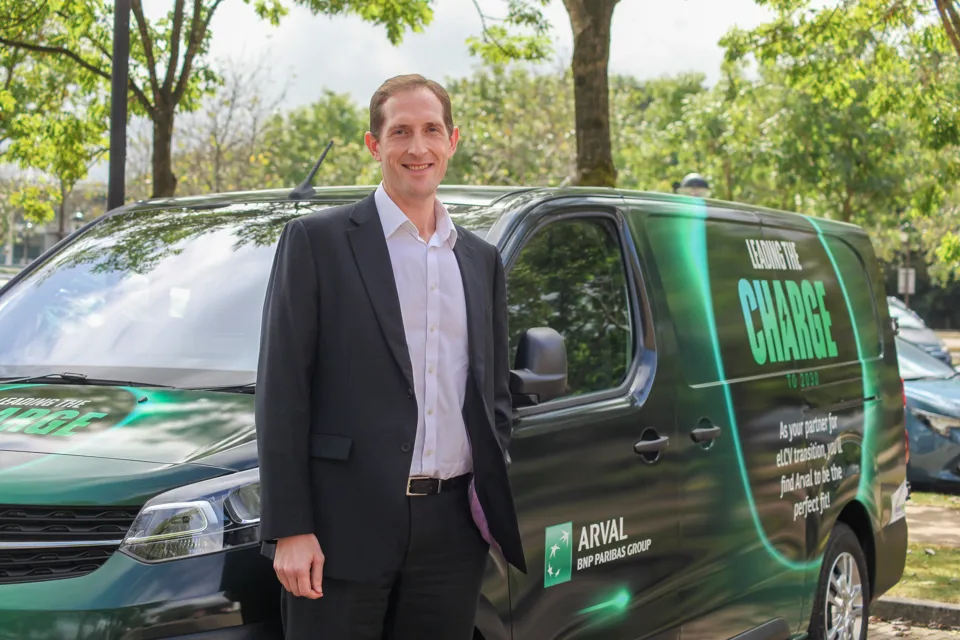The fleet sector is moving from a manufacturer-enforced push market focused on major discounts and low prices to a demand-led pull market as supply shortages enable carmakers to press the reset button on the sales strategies.
Fleet operators are already reporting that discounts are drying up as quickly as lead times are extending, while in some case P11D prices are rising. However, strong residual values are helping to even out the leasing costs.
Paul Hyne, chief commercial officer at Arval UK, believes this will be the landscape for the next couple of years while new vehicles are in short supply.
“We won’t see as many short-term price offers so we can be more consistent with our offers in the market,” he said. “This will also help with the transition to electric.”
Push markets tend to become very consumer orientated, driving personal contract hire business via brokers and often unsettling residuals, although the low price does result in competitive offers.
“Without the price pressure that drives the monthly headline rate, we are able to be more pragmatic and build a proper full service leasing proposition,” Hyne said.
Corporate leasing rates are also becoming more competitive as companies enter into lower mileage contracts due to the reduction in business and personal mileage during the Covid-19 pandemic.
“On average, at least 50% of the orders we are seeing today have reduced contracted mileage,” Hyne said. “It was 36 months, 60,000 miles; now it’s 36 months, 30,000-45,000 miles. It’s also been facilitated by electric vehicles and salary sacrifice – we’re getting closer to PCH mileage then BCH.”
Three years remains the standard length of contract at Arval; however, Hyne predicts cycle changes for electric vans.
“Fewer moving parts means lower maintenance costs and better reliability so we expect to see longer contracts – five, seven, nine, even 12 years won’t be unheard of in the future,” he said. “We have to have a flexible risk policy to cater for these changing needs.”




















Login to comment
Comments
No comments have been made yet.